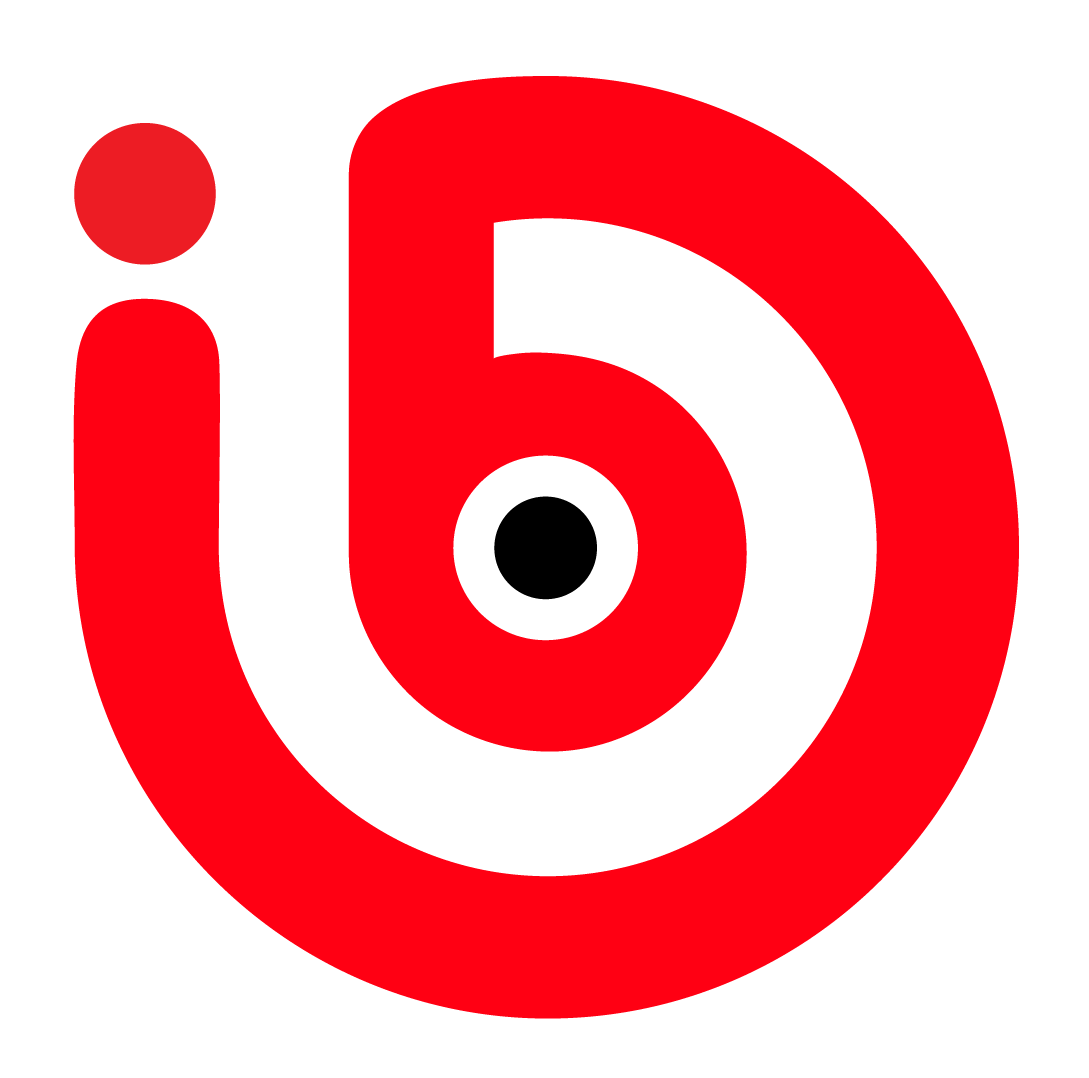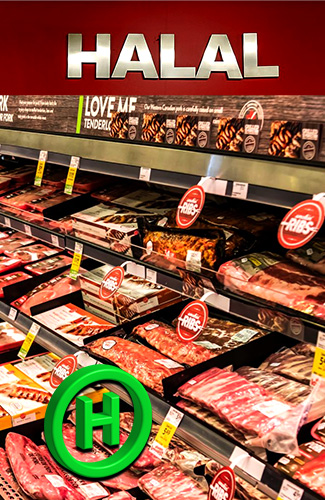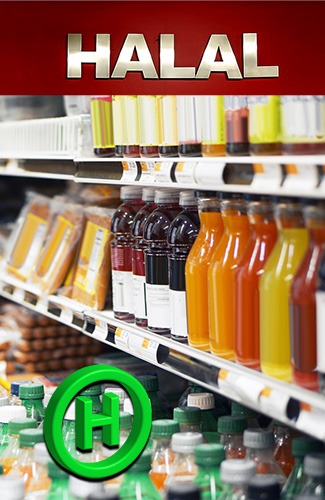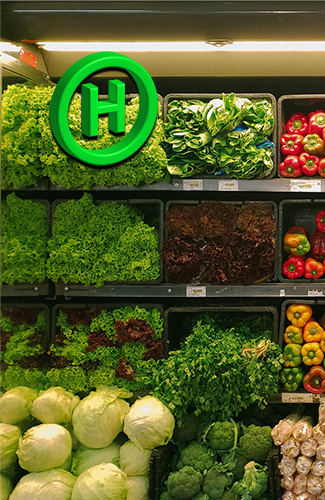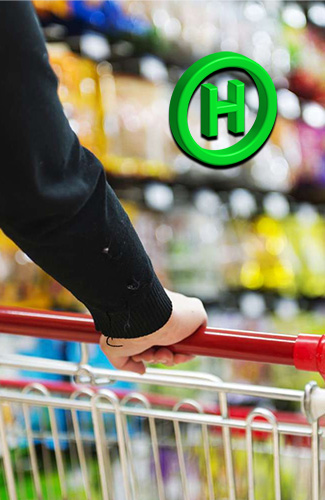BRAND HALAL SCOPE H
The global market has seen a significant rise in the demand for Halal products and services, with a growing Muslim population and increasing awareness of ethical consumerism. As a result, Halal branding has emerged as an essential strategy for businesses to cater to the needs of Muslim consumers and tap into a rapidly growing market.
Halal, an Arabic term, means “permissible” or “lawful” according to Islamic law. It’s commonly associated with food and beverages, but the concept extends to various aspects of a Muslim’s life, including clothing, cosmetics, personal care products, and financial services.
Halal branding offers businesses a significant opportunity to cater to the growing Muslim market and promote ethical consumption. By understanding the unique needs and values of Muslim consumers, obtaining Halal certifications, and aligning their branding and marketing strategies accordingly, businesses can build trust, expand their market reach, and reap the benefits of this rapidly growing segment.
The concept of Halal branding
Halal branding refers to the process of creating and promoting products or services that comply with Islamic principles, catering to the needs and values of Muslim consumers. It involves obtaining Halal certifications, building a trustworthy brand image, and aligning marketing strategies to target the global Muslim market effectively.
With an estimated 1.8 billion Muslims worldwide, the Halal market represents a significant opportunity for businesses. Halal branding is crucial as it allows companies to differentiate themselves in the market, establish credibility, and cater to the religious and ethical needs of a growing consumer base. It also plays a role in promoting ethical consumption, as Halal products often adhere to higher standards of quality, safety, and social responsibility.
Benefits of Halal BrandingConsumer trustMarket expansionEthical aspects
Halal branding helps build trust among Muslim consumers by ensuring that the products and services offered comply with their religious beliefs. This trust can lead to increased brand loyalty and a strong customer base.
By adopting Halal branding, businesses can access a rapidly growing market that spans across countries and regions. With the global Halal market projected to be worth over $9 trillion by 2030, companies have a significant opportunity to expand their reach and increase revenues.
Halal branding typically goes beyond religious requirements and incorporates ethical practices like sustainability, animal welfare, and fair labor standards. This alignment with ethical values can appeal to a broader audience, including non-Muslim consumers who prioritize ethical consumption.
Elements of Halal BrandingHalal certificationBrand imageProduct packagingMarketing strategies
Obtaining Halal certification from a recognized authority is a critical step in Halal branding. It assures consumers that the products and services comply with Islamic principles and meet the necessary quality and safety standards.
A strong brand image is essential in Halal branding. Businesses need to communicate their commitment to Halal principles effectively, ensuring that their brand values resonate with Muslim consumers.
The packaging of Halal products should reflect the brand’s commitment to Islamic principles. It should include clear Halal certification labels and appropriate visual cues, making it easy for consumers to identify the product as Halal.
To effectively target the Muslim market, businesses should adapt their marketing strategies to align with the values and preferences of Muslim consumers. This may involve using culturally appropriate imagery, language, and promotional channels, as well as engaging with Muslim influencers and community leaders.
Halal Branding Challenges
Despite its potential benefits, Halal branding faces several challenges, including:
- Diverse interpretations of Halal standards across different countries and certification bodies, lead to confusion among consumers and businesses.
- The risk of alienating non-Muslim consumers, who may perceive Halal branding as exclusionary or overly religious.
- The need to maintain strict compliance with Halal standards across the entire supply chain can be complex and resource intensive.
Halal certification can apply to a wide variety of products, from food and cosmetics to cleaning products and packaging. Even water filtration systems can be certified!
How do you know if a brand is halal?
When you’re shopping for food, look for products that have been certified by a recognized Islamic organization. Look at the packaging for a label or stamp of approval from an Islamic organization, such as the Muslim Consumer Group for Food Products (MCGFP) or Islamic Food and Nutritional Council of America (IFANCA).
What is the Global symbol for halal products?
As there are many signs and symbol to show the HALAL Products and there is a diversity in this important Business, For the first time, the Global symbol for all HALAL Products & Services provided by I.Brand. It is a bright green circular badge with the green “H” lettering in the uppercase, placed above the BRAND LOGO. As we use the symbol © to show the copyright or symbol ® to show the registered Trademark, now we use the symbol H to show the HALAL Products & Services.
The Specification of Global HALAL Symbol
- Transparency
- Simplicity
- Integrity
- A Quick reminder
How to order H symbol?
If you have a HALAL Certificate for your Products or Services, you can order Certificate of HALAL Symbol H for your Business.

